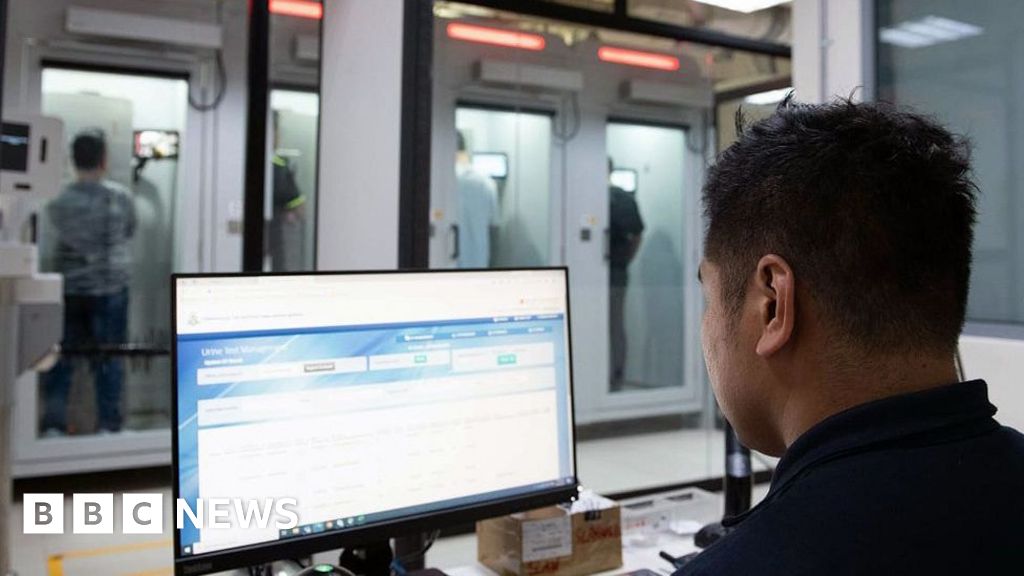Place your adverts here on InfoDig @ low rates; banner ads, sponsored links and guest articles etc. Contact us
Airtel Africa Plc recorded a profit after tax of $79 million at the end of the first half of its financial year ended in Sept 2024 as a move to localized debts reduce FX losses.
The reduced exposure to foreign currency improved the company’s performance in the period. Airtel Africa said in its regulatory filing that 89% of its operating company’s debt is now local.
“Over the year we have significantly reduced our foreign currency debt exposure, having paid down $809 million of foreign currency debt. 89% of our OpCo debt is now in local currency, up from 71% a year ago.”.
In its half year unaudited financial statement, the telecommunications company’s revenue fell by 9.7% to $2.370 billion as of September 2024 from $2.623 billion in the comparable period in 2023.
Its reported currency revenue growth was particularly impacted by significant currency devaluations in Nigeria, Malawi, Zambia, and Tanzania, according to details from the results posted on the Nigerian Exchange.
In particular, the naira devalued from a weighted average NGN/USD rate of 610 in the prior half-year period to NGN/USD 1,484 in the current period, Airtel Africa said.
Across the Group mobile services and mobile money, Airtel reported that revenues declined by 9.7% to $2,370 million, reflecting the impact of currency devaluation, particularly in Nigeria.
Management noted that a substantial increase in fuel prices across its markets and the lower contribution of Nigeria to the Group after the naira devaluation contributed to a decline in EBITDA margins to 45.8% from 49.6% in H1’24.
EBITDA declined by 16.5% to $1,087 million, reflecting the impact of currency devaluation over the period, particularly in Nigeria.
Airtel said the lower contribution of Nigeria following the significant naira depreciation and a significant increase in fuel prices (mainly in Nigeria by around 90%), were the primary drivers of the margin decline over the last year.
Airtel said following the launch of a comprehensive cost efficiency program, EBITDA margins in Q2’25 increased to 46.4% from 45.3% in the previous quarter.
Profit after tax of $79 million was impacted by $151 million of exceptional derivative and foreign exchange losses (net of tax), arising from the further depreciation in the Nigerian naira during the period.
Basic EPS of 0.8 cents compares to negative (1.5 cents) in the prior period, predominantly reflecting the $471 million exceptional derivative and foreign exchange losses in the prior period, compared to $231 million in the current period.
Airtel Africa’s capital expenditure (Capex) totaling $316 million was 1.3% higher compared to the prior period. The company said capex guidance for the full year remains between $725 million and $750 million.
Over the year, Airtel Africa said it has significantly reduced foreign currency debt exposure, having paid down $809 million of foreign currency debt.
The localisation of debt continues to lower FX losses, which reduced to $260 million in H1’24/25 compared with $654 million in H1’23/24.
“89% of our OpCo debt (excl. lease liabilities) is now in local currency, up from 71% a year ago”, management said in its regulatory filing.
“To secure beneficial contract structures and further enhance our partnership with ATC, we have extended our tower lease agreements for approximately 7,100 sites in four markets for a further 12-year period.”.
Airtel stated that the new agreements have a focus on renewable energy investment, which will drive operating cost efficiencies over the medium term and will have a neutral to positive impact on near-term free cash flow.
The company noted that the renewals resulted in a $1.2 billion increase in lease liabilities, which have been the primary driver of the increase in leverage to 2.3x from 1.6x in the previous quarter.
“No further material change in leverage should be expected from further renewals in the near-to-medium term.”. According to details of the group’s regulatory filing,.
The Board has declared an interim dividend of 2.6 cents per share, an increase of 9%, and in-line with its progressive dividend policy.
The $100 million share buyback continues, with 61 million shares purchased for a consideration of $88 million as at the end of September 2024.
Commenting on the result, Sunil Taldar, Chief Executive Officer, said, “The sustained operating momentum over the period is testament to our teams’ ability to execute our strategy brilliantly. During the period, we refined our strategy to significantly increase our focus on delivering a best-in-class experience to our customers.
“To meet our customer’s expectations, we will strengthen our ‘go-to-market’ through enhanced distribution, simplified customer journeys, and a best-in-class network experience.
“This will further unlock the significant opportunity Africa offers and will provide the foundation of strong growth across our markets and our business segments, especially as we build and scale up the B2B and home broadband segments.
“The scale of the opportunity across our markets remains substantial. A young and fast-growing population, combined with low levels of SIM and banking penetration on the one hand and increasing smartphone and digital payment adoption across our existing base on the other, provides a unique opportunity to leverage our extensive infrastructure for sustained growth in Sub-Saharan Africa.
“We have already seen strong progress, with an acceleration in constant currency revenue growth over the last quarter as demand for our services remains strong, reflected in the 48% growth in data volumes over the first half of the year, despite the challenging backdrop in some of our markets.
“Furthermore, we have seen our cost optimisation programme already show initial green shoots, which combined with operational leverage has contributed to an expansion of our EBITDA margins in Q2’25 compared to the previous quarter.
“Foreign currency debt has fallen to just 11% of market debt at the end of September, which reflects the work we have undertaken to de-risk the balance sheet.
“We remain absolutely focused on executing against our strategy to efficiently and effectively deliver essential services to improve the lives, communities, and economies we serve. The growth opportunity across our markets remains compelling, and we continue to focus on margin improvement.” #Airtel Africa Posts Profit after Localisation of Debts, Declares Interim Dividend

 2 hours ago
35
2 hours ago
35











)


